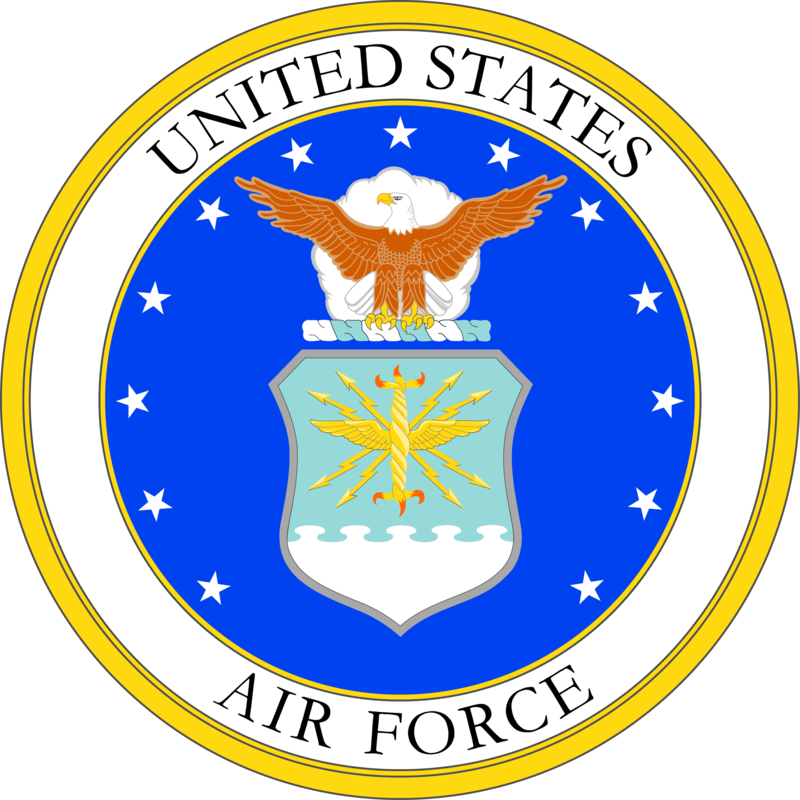ABOUT 7101ST MATRON SQUARDON
- Origins and Formation: The 7101st Matron Squadron was formed in the immediate aftermath of World War II, as part of the United States Air Force’s efforts to provide support and care for military personnel stationed overseas.
- Unique Role: The unit was composed primarily of military nurses, known as "matrons," who provided both medical care and morale support to airmen and their families in postwar Europe.
- Stationed in Germany: The 7101st Matron Squadron was primarily based at Wiesbaden Air Base, Germany, serving as a key component of the US Air Forces in Europe’s medical services.
- Integration of Women: The formation of units like the 7101st marked one of the earliest large-scale integrations of women into active military service roles in postwar Europe.
- Cold War Context: The squadron’s activities were crucial during the early years of the Cold War, providing essential care during tense periods such as the Berlin Airlift (1948-1949).
- Community Engagement: Matrons of the 7101st often organized community events, educational programs, and outreach activities for dependents, earning them respect from both American and local communities.
- Humanitarian Missions: Members of the squadron frequently assisted with humanitarian missions, offering emergency medical care during local disasters and epidemics in Germany.
- Decorations and Honors: The 7101st Matron Squadron received several commendations for outstanding service, including citations from both the US Air Force and allied nations.
- Legacy: The pioneering work of the 7101st Matron Squadron helped pave the way for expanded roles for women in the Air Force and influenced the structure of modern Air Force nursing units.
- Deactivation and Commemoration: The unit was eventually deactivated as military medical services were reorganized, but its legacy is preserved through records, reunions, and mentions in US Air Force nursing history.

